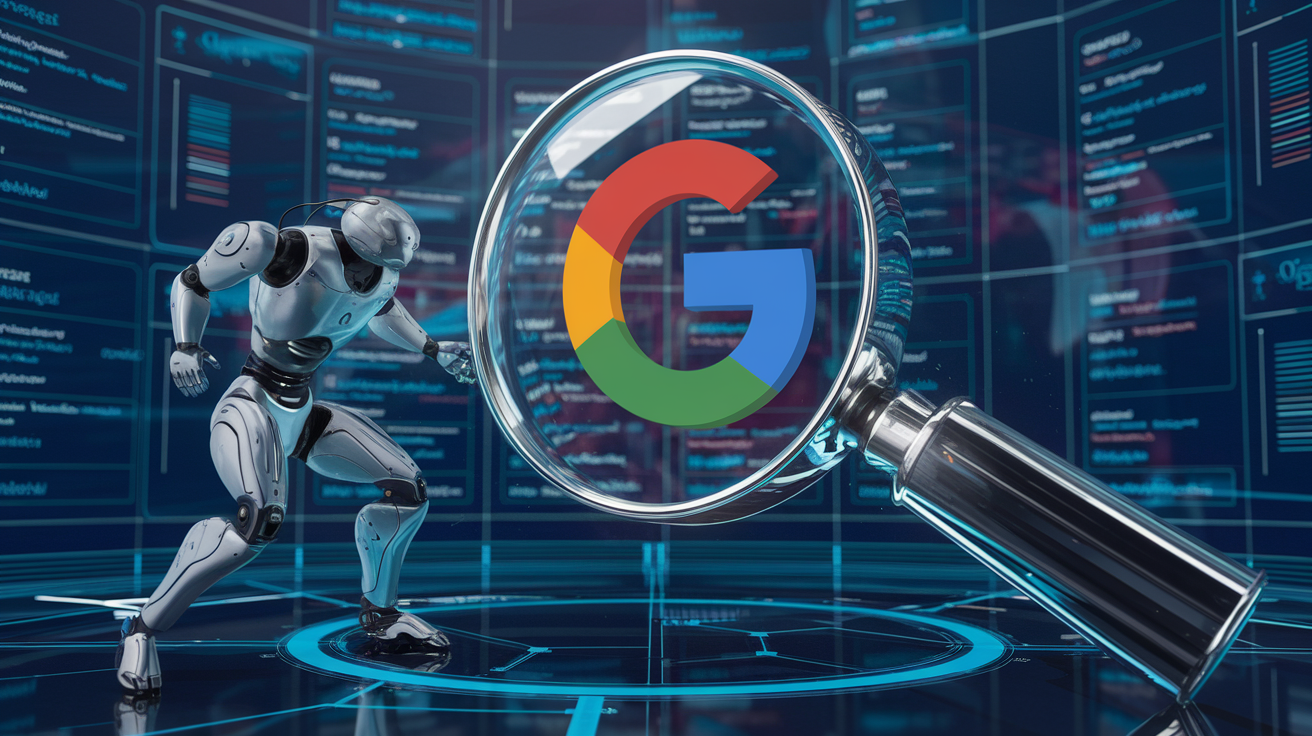Google. It’s not just a search engine; it’s practically a verb. “Google it” has become synonymous with finding the answer to everything, from why your sourdough starter died (hint: neglect) to the complex logistics of an impromptu road trip. For two decades, Google’s reign has been unchallenged, its mighty algorithm tweaking and evolving to provide answers in milliseconds. But as the saying goes, even emperors must watch their thrones—and new generative AI search tools like Perplexity are knocking at the gates.
Perplexity, along with competitors like Bing AI, isn’t just a search engine. It’s an answer engine. Instead of serving up an exhaustive list of blue links that require you to sift through them, these AI tools aim to deliver curated, conversational, and human-like answers. They process the context of your query and (ideally) provide exactly what you need, often pulling from a breadth of sources to form a concise and nuanced response.
The Weakness of Links
Google’s search results rely heavily on user interaction with links. Click-through rates and website optimization strategies mean that the “best” answer often isn’t synonymous with the “most accurate” one. With the right prompting, generative AI, however, cuts through the noise. With Perplexity or similar tools, you’re less likely to drown in ads, SEO-fueled fluff, or 10 pages of “Top 5 Things You Didn’t Know You Needed.” Instead, these systems prioritize immediate value—an approach that’s likely to resonate with time-starved users.
Personalization vs. Privacy
Google is a master of personalization, using its vast data pool to predict and shape what you’re looking for before you even type it. But personalization comes with a trade-off: privacy. Generative AI tools tout a different approach, often emphasizing transparency in how responses are generated. They don’t yet have Google’s encyclopedic knowledge of you, but they offer a refreshing alternative to users wary of their data being scrutinized like a lab rat in a marketing experiment.

Will Google Fight Back?
Absolutely. Google isn’t just going to let its monopoly crumble like a poorly assembled IKEA bookshelf. With Bard, its AI-powered chatbot, and deep integrations into its core search engine, the company is already adapting to this new frontier. Its goal? Combine the best of both worlds: the efficiency of generative AI and the robustness of Google’s unparalleled database.
The question is whether it’s too little, too late.
The Verdict?
Generative AI tools like Perplexity are flipping the script on traditional search engines. By simplifying how we access information, they’re forcing Google to evolve or risk irrelevance—a seismic shift in how we interact with the internet. But for now, the two can coexist: Google for deep dives, generative AI for quick answers.
One thing’s certain—searching will never be the same. And honestly? About time.

